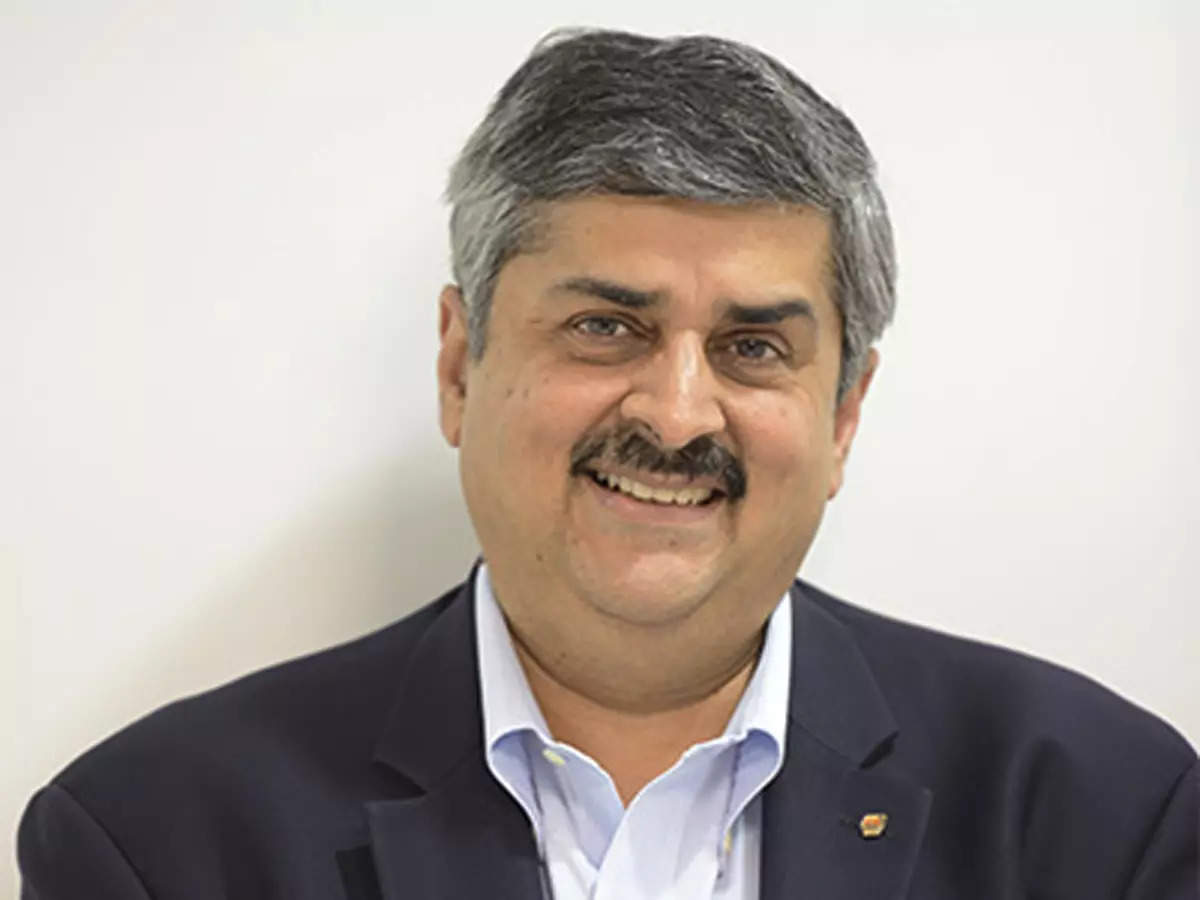“We see a good demand environment, government spending on infrastructure, the housing sector and real estate is seeing an upsurge. So, overall we remain optimistic about the overall prospects of our sector,” said Puri in a virtual media roundtable.
Pidilite, which passed on the benefits of lower-cost prices to consumers, does not see any disruption in the supply chain from the geopolitical crisis, which is brewing in the Middle East.
“Fortunately for us, most of our raw material comes from the East rather than from via the Red Sea. Right now, raw material prices are stable and barring any black swan events, we hope they will remain stable,” said Puri.
To give a perspective, Puri said prices of VAM (Vinyl acetate monomer), which is a principal raw material of the leading adhesive maker, was around USD 2,000 per tonne and this year it is about USD 900 to USD 1,000 a tonne and he expects this trend to continue.
“We increased prices only at 75 per cent of inflation. As raw material prices have returned to normalcy, we have passed that back on. Hopefully, at least I can say for the next three to four months, we see stability in input prices,” he said. The company has almost doubled its spending on advertising spend vis-a-vis last year as normalcy has returned. “We are regular advertisers and we will continue to invest in our brands. The good thing is our increase in profitability etc is despite virtually doubling our A&P spends,” he said.
Over any probable acquisitions, Puri said: “As far as inorganic growth is concerned, we are always in looking at the right opportunities, we have a good cash reserve for that.”
Last week, Pidilite reported a 66 per cent increase in its consolidated net profit at Rs 510.92 crore for the December quarter. Its revenue from operations grew 4.41 per cent to Rs 3,130 crore.
According to Puri, this was in continuation of the previous quarters of the current fiscal year, in which Rural continues to be a growth driver for Pidilite Industries.
“We are one of the few organisations for whom rural and semi-urban is still growing faster, 1.5 times actually urban growth. So, we have been consistently investing behind rural and semi-urban and that has obviously helped us register the growth rates,” said Puri in a virtual media roundtable.
These rural and semi-urban markets offer a “substantial penetration opportunity”, he said.
“I would believe at least for the next three to five years, our sector will grow faster than say FMCG in rural and semi-urban because we still have distribution to complete, we still have consumers who can afford, but do not have the education to use our products,” he said.
Pidilite is expanding its sales network going deeper in the hinterlands touching small retail stores in villages with a population of 5000 to 10,000. It now has 12,000 such stores known as ‘Pidilite Ki Duniya’, where such shop not only carries their products but also train the local artisans
“We have added, 30,000 distribution points in this quarter. In the year we would have added close to 100,000 distribution points,” he said adding “We have added a massive range in these points and products like Araldite did not sell much in the rural areas when we took them over. Now, this is a driver of growth.”
Pidilite with a host of brands like Fevicol, M-Seal, Fevikwik, Fevistik, Roff, Dr. Fixit, and Araldite is a leading manufacturer of adhesives and sealants, construction chemicals, craftsmen products.
Over its new paints business, Puri said the company is piloting this in some southern states.
“We will wait and see, but unlike some of the other fellows, we are not into this big bang, lots of plants and lots of Capex and lots of action behind paints. It is a range completion exercise which is part of our plan, but is not a pivotal part of our growth plans,” he said.











